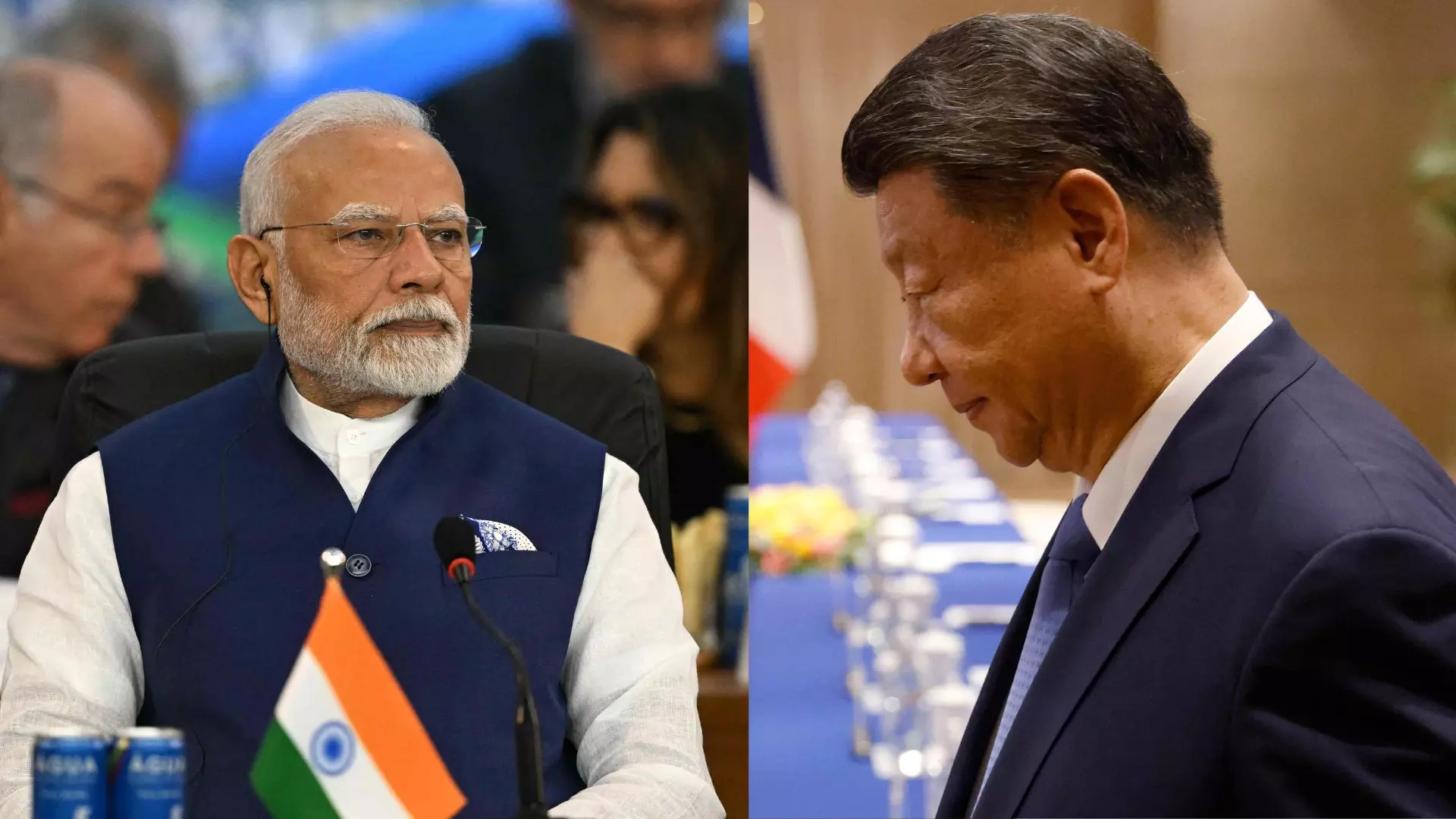DC Edit | India & China seek further thaw in Rio amid G-20 din

Given the current state of the world, with its leaders divided in their support or opposition to the wars being fought and the question of who will fund the mitigation efforts on the climate crisis caused by global warming, it was understandable if the voices coming out of the annual G-20 summit were mixed, even muted.
Overshadowed by the imminent arrival of Donald Trump as head of a powerful section of the world and shocked by the outgoing President Joe Biden’s missile decision that could only escalate tensions and fears, the usually ebullient meeting was not even as condemnatory of the invasion of Ukraine by Russia as they were in the previous two meetings in Bali and New Delhi. Nor did they seriously take up Russia’s new nuclear doctrine as a counter threat.
The words, “It’s not the era of war,” were not even written down this time in the declaration though India was again at the centre of things, not only in the leadership photo opportunity, which Mr Biden chose to skip, but also in its ambitious role of being a leading voice of the Global South. High civilian awards conferred on Prime Minister Narendra Modi, on the way to Brazil in Nigeria and from Guyana (as well as Barbados), on the return leg were a measure of India’s heft in global affairs.
Support for peace in Ukraine, Gaza and Lebanon was about the only commonality in a summit marked by many bilateral meetings which seemed more meaningful than the summit itself. A new chapter in global diplomacy may have begun at this G-20 in which China was busier than ever to promote its global trade elsewhere before potential US tariffs inspired by Mr Trump could kick in.
The clearest sign of the reason for such change was to be seen in the US, a much more open economy than China’s, talking now of protectionism as Mr Trump is days away from occupying the White House while President Xi Jinping talks about free trade. On a mission to reduce its isolation by mending ties with European and Asian powers, China may have found in Rio de Janeiro’s G-20 an opportunity to further its own position in trade.
India was a party directly involved in this as a meeting between external affairs minister Jaishankar and China’s foreign minister Wi Yang was about taking the next steps after a Himalayan thaw was witnessed in relations in the wake of the first bilateral talks held between the two countries in Kazan, Russia. In its hunt for economic opportunities, China is pressing now for direct flights to India while offering Indians the chance to resume the pilgrimage to Kailash Manasarovar.
A takeaway from Rio may have come from the first meeting between Modi and UK’s Labour PM Keir Starmer at which the relaunch of trade talks was announced. Stalled for years over lack of progress in bringing down Indian tariffs on such items as Scotch whisky, an FTA may suit Britain more as it expects jobs to flow from it along with greater access to the Indian market at lesser tariffs. The balance of trade is very much in favour of Britain now, at 42 billion pounds to India’s 16,6 billion and that can only widen with an FTA.

